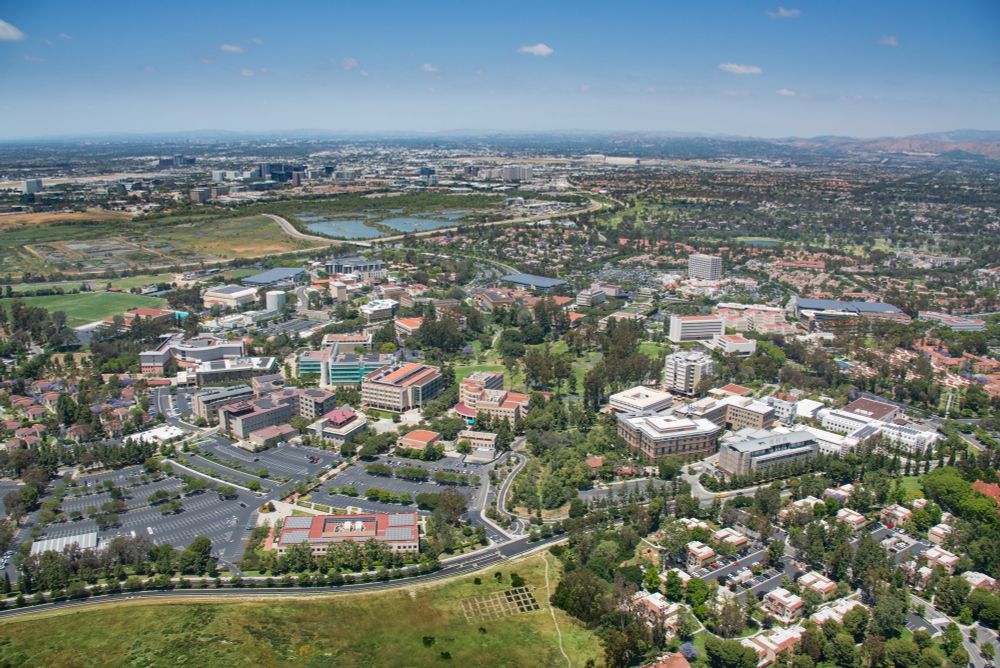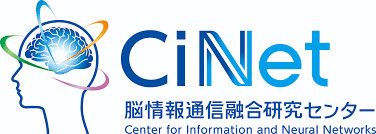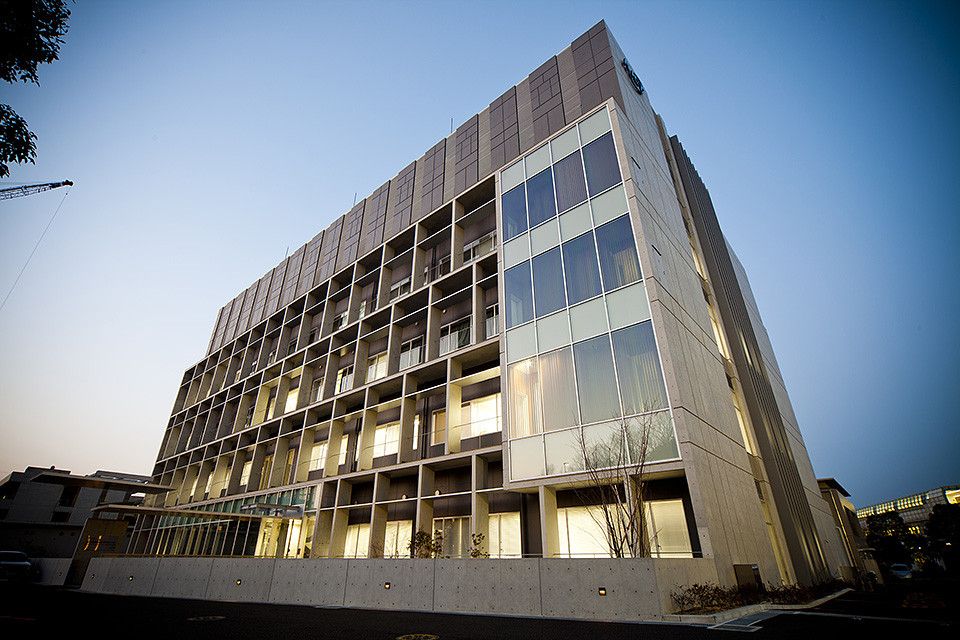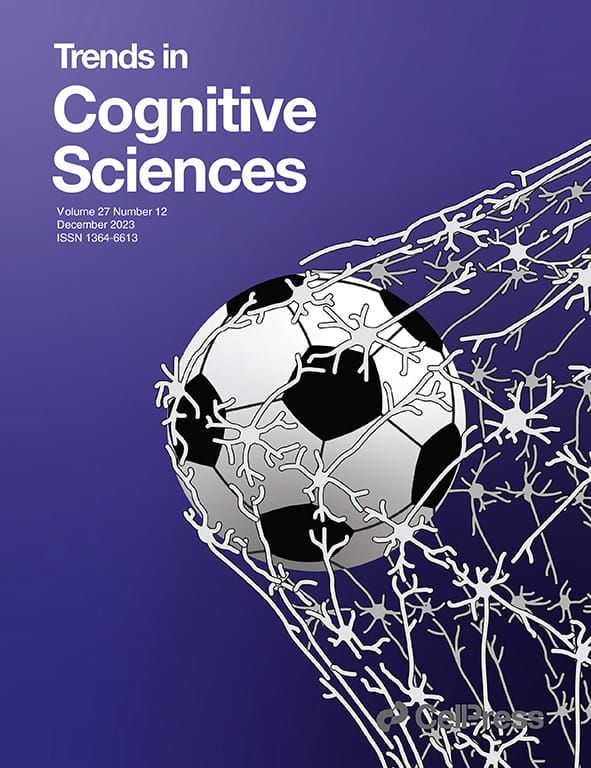

How do humans learn from arbitrary, abstract goals? We show that, when goal spaces can be compressed, costly working-memory processes give way to internalized reward functions, enabling efficient goal-dependent reinforcement learning. @annecollins.bsky.social arxiv.org/abs/2509.06810
Computational modeling of error patterns during reward-based learning show evidence that habit learning (value free!) supplements working memory in 7 human data sets.
rdcu.be/eQjLN

Computational modeling of error patterns during reward-based learning show evidence that habit learning (value free!) supplements working memory in 7 human data sets.
rdcu.be/eQjLN
I'm not on the committee, but happy to talk if you're interested.

I'm not on the committee, but happy to talk if you're interested.
How do humans learn from arbitrary, abstract goals? We show that, when goal spaces can be compressed, costly working-memory processes give way to internalized reward functions, enabling efficient goal-dependent reinforcement learning. @annecollins.bsky.social arxiv.org/abs/2509.06810

How do humans learn from arbitrary, abstract goals? We show that, when goal spaces can be compressed, costly working-memory processes give way to internalized reward functions, enabling efficient goal-dependent reinforcement learning. @annecollins.bsky.social arxiv.org/abs/2509.06810

Join us to work at the intersection of cognitive science and AI applied to pressing societal challenges like climate change.
More info about me: rachit-dubey.github.io
My lab: ucla-cocopol.github.io
Please help repost/spread the word!

Join us to work at the intersection of cognitive science and AI applied to pressing societal challenges like climate change.
More info about me: rachit-dubey.github.io
My lab: ucla-cocopol.github.io
Please help repost/spread the word!


it plays a growing role in generation, selection and transmission of ideas/opinions in human society 🧠🔄🌐
And yet we understand very little of this dynamics at this point 🤔❓
A step forward is our #ICLR2025 paper !👇

it plays a growing role in generation, selection and transmission of ideas/opinions in human society 🧠🔄🌐
And yet we understand very little of this dynamics at this point 🤔❓
A step forward is our #ICLR2025 paper !👇
@blog.neurips.cc.web.brid.gy 🧠🤖 We hope to spark conversations on goal selection in biological and artificial agents.
Check it out at openreview.net/forum?id=Gbq...
With Cédric Colas, Pierre-Yves Oudeyer, & Anne Collins
@blog.neurips.cc.web.brid.gy 🧠🤖 We hope to spark conversations on goal selection in biological and artificial agents.
Check it out at openreview.net/forum?id=Gbq...
With Cédric Colas, Pierre-Yves Oudeyer, & Anne Collins
@blog.neurips.cc.web.brid.gy 🧠🤖 We hope to spark conversations on goal selection in biological and artificial agents.
Check it out at openreview.net/forum?id=Gbq...
With Cédric Colas, Pierre-Yves Oudeyer, & Anne Collins
With Cédric Colas, Pierre-Yves Oudeyer, and Anne Collins
With Cédric Colas, Pierre-Yves Oudeyer, and Anne Collins


